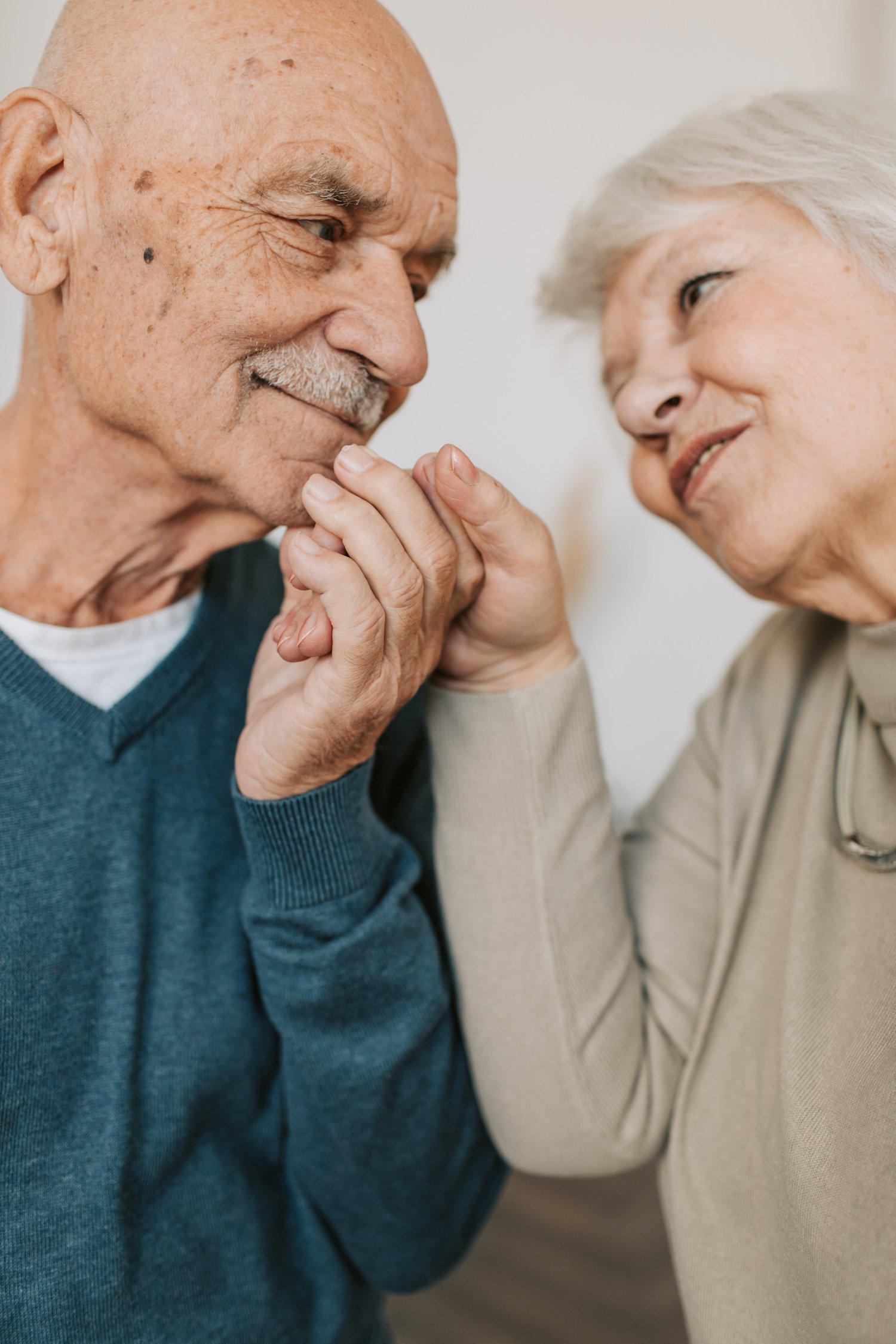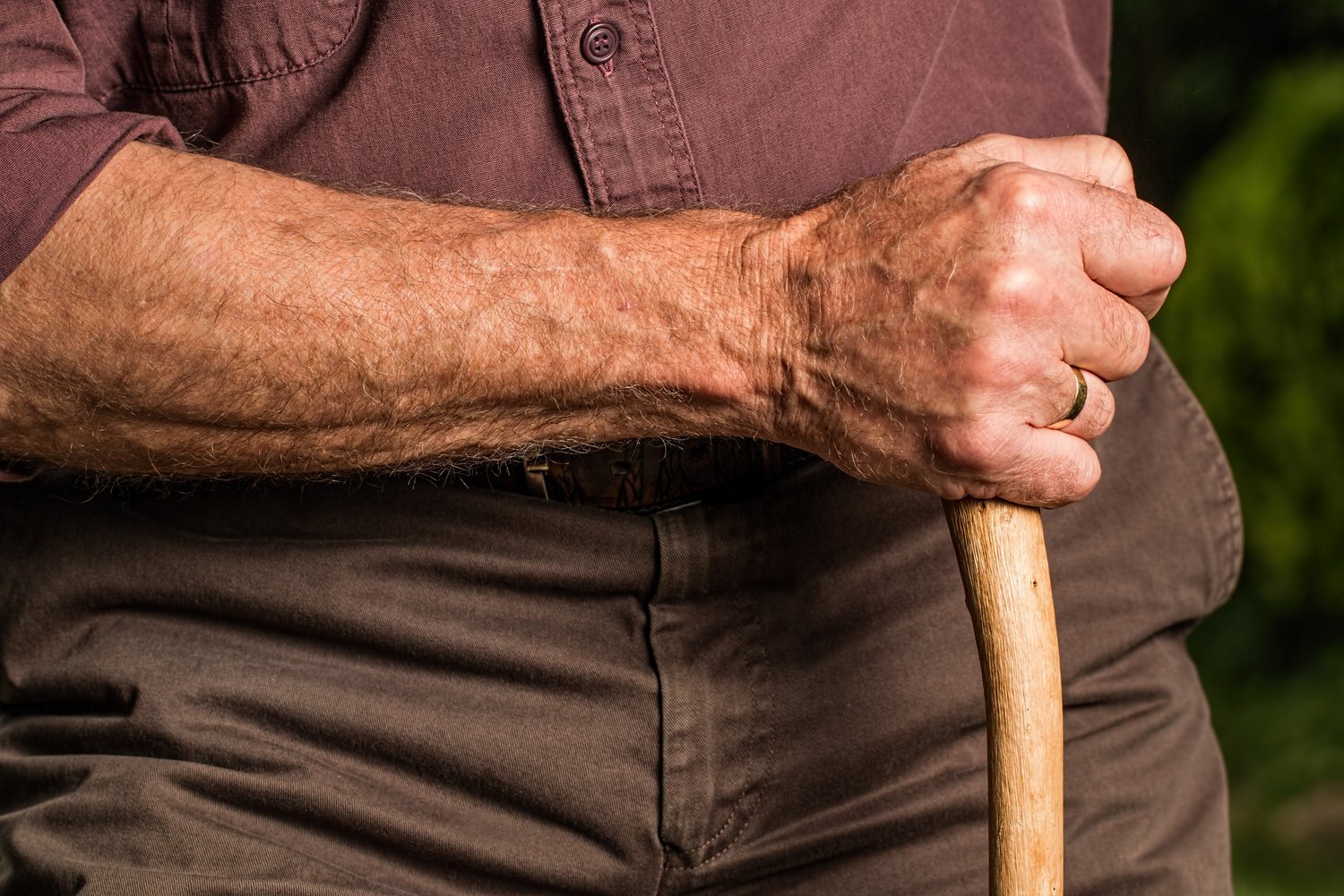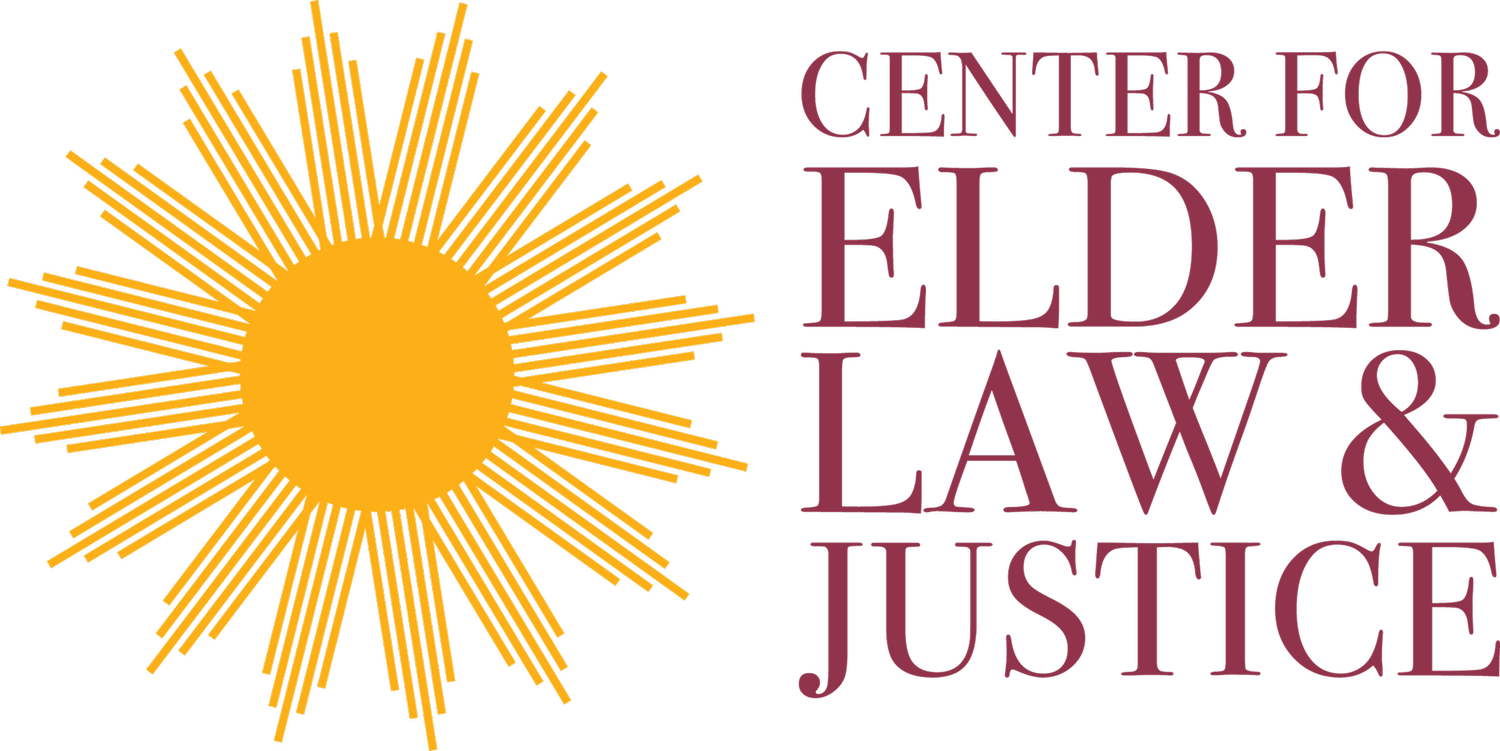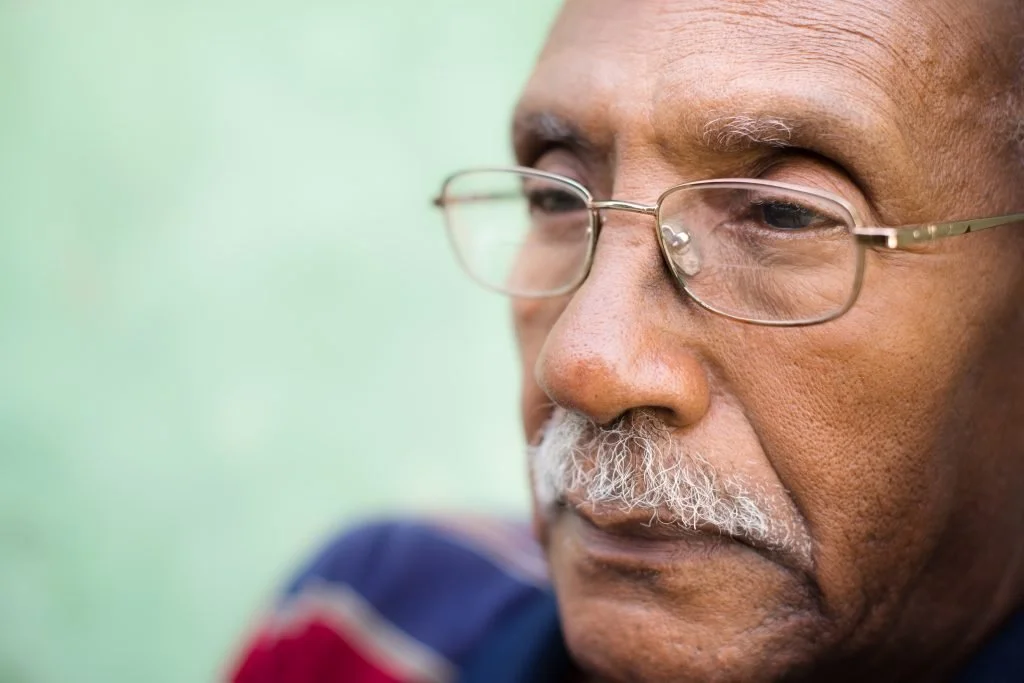ELDER ABUSE
CELJ’s Elder Abuse Prevention Unit is committed to helping older adults who are in abusive situations. These situations can involve physical abuse, emotional abuse, financial exploitation, sexual abuse and neglect. A variety of civil legal services are offered, including obtaining orders of protection, using the civil legal system to stop existing exploitation and recover stolen assets, revocation and drafting of powers of attorney, safety planning and connection with services. This unit assists older adults who reside in Erie, Niagara, Orleans, Genesee, Wyoming, Allegany, Chautauqua and Cattaraugus counties. There are no income restrictions. In addition, this unit is a frequent presenter on elder abuse issues. To find out if you qualify for our services, or to learn about preventing elder abuse, you can call our intake line at 716-853-3087 (or toll free at 844-296-6404).
CELJ also coordinates Enhanced Multidisciplinary Teams(E-MDTs) in Erie, Niagara, Cattaraugus, Chautauqua, and Wyoming counties. CELJ provides civil legal services to teams in Genesee and Orleans Counties. E-MDTs are partnerships among public, profit and non-profit organizations, with the goal of working collaboratively to improve the process of protecting victims of financial exploitation and abuse, as well as improve the outcomes of complex elder abuse cases. To learn more, see Enhanced Multidisciplinary below.
Elder abuse is widespread but severely under-reported. An estimated 260,000 older adults in NY State are victims of at least one form of elder abuse. For every 1 case of elder abuse that is reported, 24 cases go unreported. Although nursing home abuse exists, the majority of elder abuse tends to take place where the senior lives. Often, the abuser is a caretaker, family member or friend. Our attorneys and social workers are available to talk to you if you think you may be a victim of abuse, or have concerns that someone you know is. Please note, however, that the Elder Abuse prevention unit does not take cases of nursing home abuse or neglect.
If you, or someone you know are the victim of a crime, you can also contact the NY State Crime Victims Network for help.
This program is funded in part by New York State Office for the Aging, U.S. Department of Justice Office of Victims of Crime, New York State Office of Victim Services and Lifespan of Greater Rochester.
Suspect Elder Abuse? Take Action.
Elder abuse can take many forms—physical, emotional, financial, or neglect—and it often goes unreported. If you suspect that someone is being harmed, it’s important to speak up. There are trusted resources available to help.
Where to Get Help
Our Office: Contact us directly for guidance and support.
Crisis Services (24/7): Call 716-834-3131
Erie County Protective Services for Adults: Call 716-858-6877
Your Local County’s Office for the Aging: Find assistance and referral options specific to your area.
You don’t need to have proof of abuse to make a report—just a reasonable concern. If you're an advocate, service provider, or community member who wants to get more involved in stopping elder abuse, consider joining the Council on Elder Abuse. This collaborative group meets monthly and brings together professionals and advocates dedicated to improving the safety and dignity of older adults.
Learn more and get involved at Council on Elder Abuse.
COMMON QUESTIONS:
-
It depends. CELJ is a law office, and our client is the older adult in the abusive situation. If your parent would like for us to assist them, we may be able to help. However, we will need to speak with your parent to determine whether they want our help or want us to investigate further.
-
Our office does not criminally prosecute cases. However, we do work with the local District Attorney’s office on cases where we believe that criminal prosecution may be an option, if our client would like to pursue that avenue. We handle the civil aspects of elder abuse cases, including recoupment of stolen funds, revocations of powers of attorney and requesting accountings. For more information, contact our office at 716-853-3087.
-
Yes! We offer a variety of trainings for groups including advocates, professionals, law enforcement, seniors, and financial professionals. Request an event today!

ELDER ADVOCACY PROGRAM
The EAP works with our community to better identify unmet needs and available resources, create strategies to work toward desired outcomes, and reduce duplication of services. We work together to ensure the system works for older adults in need.
WHAT IS THE ELDER ADVOCACY PROGRAM?
The Elder Advocacy Program (EAP) offers a multi-disciplinary, community response to elder abuse and exploitation. Through our partnership with the New York State Unified Court System, Chautauqua County Department of Health and Human Services, and our growing collaboration with and expansion into Cattaraugus County, the EAP provides a trauma-informed, client-centered approach to survivors of abuse to reduce harm, identify needs and desired outcomes, and create solutions. The Program works to address systemic barriers to our justice and social systems and improve court and long-term outcomes for survivors.
Serving individuals aged 55 and older in Chautauqua and Cattaraugus Counties, the EAP acts as a single point-of-entry for survivors of elder abuse. Our team works together with our clients and in collaboration with allied professionals, including Adult Protective Services, law enforcement, Area Offices for the Aging, and financial institutions, to coordinate a client-driven response aimed at achieving desired outcomes and ensuring survivors’ needs are met.
WHAT DOES THE ELDER ADVOCACY PROGRAM DO?
DIRECT SERVICES
The team conducts a global assessment of the survivor’s needs to identify legal and non-legal issues and link the survivor with appropriate services. Our team attorneys provide counsel and advice and representation in a variety of actions and proceedings aimed at stemming abuse and helping survivors obtain the outcomes they seek. We have the capacity to remotely file Family Offense Petitions in Family Court, allowing home-bound and institutionalized clients to access the court system without having to be physically present. Our team social worker coordinates with survivors to address their various social, medical, housing, and other non-legal needs, working with them and other community partners to find solutions and resources appropriate to the survivors’ needs. Our team also works with law enforcement and the County Enhanced Multi-Disciplinary Team on appropriate cases and provides accessibility assistance in civil and criminal courts. We also have limited emergency funds available to meet the basic needs of those survivors in particularly urgent situations.
Services Include:
Civil Legal Representation
Family Court Orders of Protection
Execution & Revocation of Power of Attorney & Health Care Proxy
Special Proceedings under Power of Attorney statute
Civil Complaints to Recover money
Evictions or ejectments
Assistance with Law Enforcement
Support & assistance in making initial contact with police
Follow-up with law enforcement once police report filed
Advocacy regarding wishes of survivor
Courtroom Accessibility
Court advocate & support person
Transportation assistance
Provision of accessibility devices
Wheelchairs
Hearing amplifiers
Document magnifiers
Assistance with Finances
Connection with Adult Protective Services and the Social Security Administration for representative payee assistance
Advocacy to banks & financial institutions, including representation in creditor lawsuits
Budgeting assistance
Assistance with Medical and Social Needs
Connecting older adults with services including:
Office for the Aging
In-home care providers
Community centers and social groups
Meals on Wheels
Additional Services
Referral to the Chautauqua and Cattaraugus County Enhanced Multi-Disciplinary Teams
Access to a forensic accountant and geriatric specialist
Assistance with application for compensation from the NYS Office of Victims Services
Emergency Funds for shelter, food, transportation and additional services on a case-by-case basis
Medicaid assistance
Referrals to WNY Coalition Pooled Trust
EDUCATION
Key to the success of the EAP is the training on elder abuse we provide to community members and stakeholders alike, including residents and staff of adult living facilities, the courts, law enforcement, government and community organizations, and financial institutions. Through education, the EAP seeks to increase awareness and identification of elder abuse in the community so that appropriate interventions can be implemented. Our trainings cover the prevalence and types of elder abuse, questions of capacity, Powers of Attorney, criminal and civil laws relating to elder abuse cases, accessibility issues for older adults, and other, audience-specific topics. Additionally, we educate on the services available through the EAP and our partners so that survivors and their loved ones know that the Elder Advocacy Program is a resource available to their community.
WHY THE EAP WORKS
The EAP believes that a community knowledgeable about the presence and prevalence of elder abuse is a community able to combat elder abuse. To identify it, you must first know what it looks like. To that end, the EAP has made it its mission to educate community members and allied professionals alike so that they are able to identify elder abuse and know what steps they can take to address it. Our education campaign has proven results.
COLLABORATION IS KEY
The EAP brings a community response to elder abuse by working closely with our partners and allied professionals to address a survivor’s full range of needs. Absent our collaboration with Adult Protective Services, law enforcement, the court system, and various other community organizations, survivors of abuse would be left to navigate systems not necessarily designed with the needs of older adults in mind. By working together within our community, the EAP is able to better identify unmet needs and available resources, create strategies to work toward desired outcomes, and reduce duplication of services. We work together to ensure the system works for older adults in need.
This webpage was supported, in part, by a grant (90EJIG0011-01-00) from the Administration for Community Living (ACL), U.S. Department of Health and Human Services (DHHS). Grantees carrying out projects under government sponsorship are encouraged to express freely their findings and conclusions. Therefore, points of view or opinions do not necessarily represent official ACL or DHHS policy.

ENHANCED MULTIDISCIPLINARY TEAM (E-MDT)
Enhanced Multidisciplinary Teams (E-MDTs):
Coordinated Protection for Vulnerable Older Adults
E-MDTs are collaborative partnerships between public, private, and nonprofit organizations working together to address complex elder abuse and financial exploitation cases. These teams improve outcomes by combining professional expertise to support victims and hold offenders accountable.
What makes the model "enhanced"? The addition of a forensic accountant, who helps trace and calculate stolen assets, and a geriatric psychiatrist, who can assess an individual’s mental capacity—both key in building strong, coordinated responses to abuse.
E-MDTs:
Meet monthly to review active cases
Develop service plans and assign responsibilities
Focus on victim safety, prevention of future harm, asset recovery, and—when appropriate—criminal prosecution
Center for Elder Law & Justice serves as the E-MDT hub in Western New York, coordinating teams in Erie, Niagara, Wyoming, Cattaraugus, and Chautauqua Counties, and providing civil legal services across those regions and in Genesee and Orleans Counties.
Contact the Coordinators:
Kathy Kanaley, Erie/Niagara/Wyoming: (716) 853-3087 ext. 219
Mike Lee, Cattaraugus/Chautauqua: (716) 853-3087 ext. 261
Program Funding Provided By:
NYS Office for the Aging
U.S. Department of Justice, Office for Victims of Crime
NYS Office of Victim Services
Lifespan of Greater Rochester
RESOURCES
Infographics
Federal Trade Commission: “Four Ways to Stay Ahead of COVID-19 Vaccine Certificate Scammers”
Federal Trade Commission: “How to Avoid COVID-19 Vaccine Scams”
Federal Trade Commission: “Contact Tracing Call? 5 Things to Know”
COVID-19 Task Force: "Know the Scam to Stop the Scam!"
Links
Federal Trade Commission: "FTC names 25 sellers who must stop making unsubstantiated COVID treatment claims"
Federal Trade Commission: “How to Avoid Buying Fake COVID Tests Online”
Better Business Bureau: “BBB Scam Alert: Want a COVID-19 Test? There’s a Scam For That”
Federal Trade Commission: “Spot the Pandemic Scam: Emergency Broadband Program Impersonators”
Better Business Bureau: “BBB Scam Alert: Preparing for mask mandates? Watch out for online cons”
















